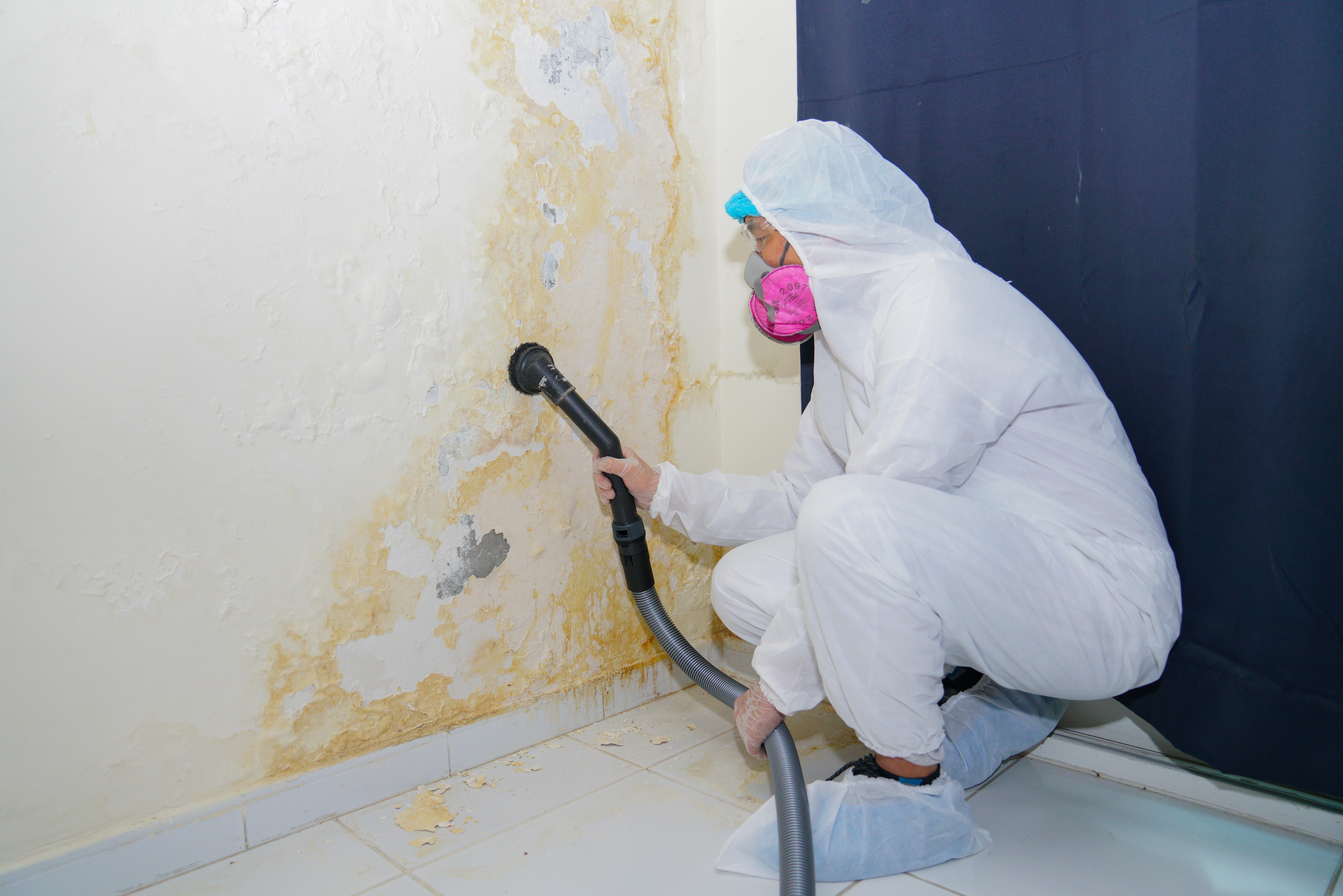Effective Message Mold Remediation Solutions for Your Home
Mold development in homes can be a relentless concern, often needing a methodical technique for reliable post-remediation options. From recognizing the factors that add to mold and mildew development to implementing proper cleaning techniques and moisture control measures, the process can be complex yet critical for maintaining a healthy and balanced living setting. Furthermore, exploring all-natural removal services and establishing a routine for ongoing maintenance are vital components of a detailed mold remediation strategy. As home owners make every effort to resolve mold concerns, locating one of the most efficient services ends up being extremely important for the health of their families.
Recognizing Mold Development Variables
Mold development is influenced by a range of elements that are vital to comprehend in order to effectively deal with and stop its proliferation. Recognizing these factors is necessary in executing effective mold and mildew remediation methods. The key element adding to mold and mildew development is moisture. Mold spores need wetness to sprout and grow, making wet or humid settings highly at risk to mold invasions. Poor ventilation can likewise cause moisture accumulation, producing a suitable breeding ground for mold.

Moreover, airflow and light direct exposure can affect mold and mildew development. Locations that do not have correct air flow and natural light are a lot more susceptible to mold and mildew growth. By addressing these factors adequately, individuals can effectively alleviate mold and mildew growth and secure their living environments.
Proper Mold Cleansing Techniques
Utilizing reliable cleansing techniques is vital in attending to and preventing the reappearance of mold contamination in indoor atmospheres. When managing mold and mildew, it is crucial to focus on security by wearing safety gear such as masks, safety glasses, and handwear covers. The primary step in proper mold and mildew cleaning is to contain the damaged area to stop the spread of spores to unpolluted areas. This can be attained by sealing the room and making use of air scrubbers or adverse air machines to maintain air quality.

Applying Moisture Control Steps
To properly prevent mold development and contamination in interior environments, executing dampness control measures is critical. Wetness is the key factor that fuels mold advancement, making it important to take care of moisture levels within the home. One reliable measure is to use dehumidifiers to keep interior moisture levels listed below 60%. In addition, guaranteeing proper air flow in areas vulnerable to moisture buildup, such as kitchens and bathrooms, can aid lower the danger of mold development. Consistently examining and fixing any type of leaks in plumbing, roofs, or home windows is additionally crucial in preventing excess dampness buildup. Using exhaust fans while cooking or showering, and permitting air flow by keeping furnishings a little away from walls wikipedia reference can help in dampness control. Moreover, using moisture-resistant products in high-humidity locations, such as mold-resistant drywall and paints, can be beneficial. By vigilantly carrying out these wetness control actions, home owners can properly lower the probability of mold recontamination and keep a healthy interior environment.
Utilizing Natural Removal Solutions
After successfully implementing wetness control actions to avoid mold development in interior environments, home owners can currently check out the effectiveness of all-natural removal options in preserving a healthy living space. Natural removal remedies make use of environmentally pleasant methods to battle mold and mildew, making them a prominent choice for those seeking non-toxic options. By including these natural removal services right into their cleaning regimens, homeowners can effectively combat mold development while promoting a healthier indoor environment for themselves and their households.

Keeping a Mold-Free Atmosphere
In order to prevent mold and mildew reoccurrence and make certain a continually mold-free setting, it is crucial for home owners to apply proactive upkeep methods. On a regular basis inspecting locations prone to mold and mildew growth, such as restrooms, kitchens, basements, and attic rooms, is mold removal specialist near me essential. Dealing with any leaks, water damage, or excess dampness promptly can substantially decrease the danger of mold growth. Post Mold Remediation Report. Correct air flow in locations with high humidity degrees is also essential to avoid mold and mildew development. Using dehumidifiers or exhaust fans can assist maintain optimal moisture levels and prevent mold and mildew spores from thriving.
Furthermore, preserving cleanliness in the home is crucial for mold and mildew avoidance. Maintaining indoor plants in check and guaranteeing correct water drainage in why not find out more outside landscaping can reduce wetness accumulation, reducing the possibility of mold and mildew infestations.
Verdict
To conclude, it is important to attend to mold development factors, use proper cleaning methods, execute wetness control procedures, utilize all-natural remediation services, and preserve a mold-free atmosphere in order to successfully manage post mold and mildew removal in your home - what to do after mold remediation. By complying with these methods, you can avoid mold from recurring and ensure a healthy living setting for you and your family
The main aspect contributing to mold and mildew development is dampness. Mold and mildew spores call for moisture to thrive and germinate, making wet or moist atmospheres highly prone to mold infestations.To efficiently prevent mold growth and contamination in indoor settings, executing wetness control actions is extremely important. In addition, guaranteeing appropriate ventilation in areas vulnerable to moisture buildup, such as cooking areas and restrooms, can assist lower the threat of mold and mildew development.After successfully carrying out dampness control steps to stop mold and mildew growth in interior environments, home owners can currently discover the efficiency of natural remediation services in maintaining a healthy living area.
Comments on “Crafting an In-depth Post Mold Remediation Report”